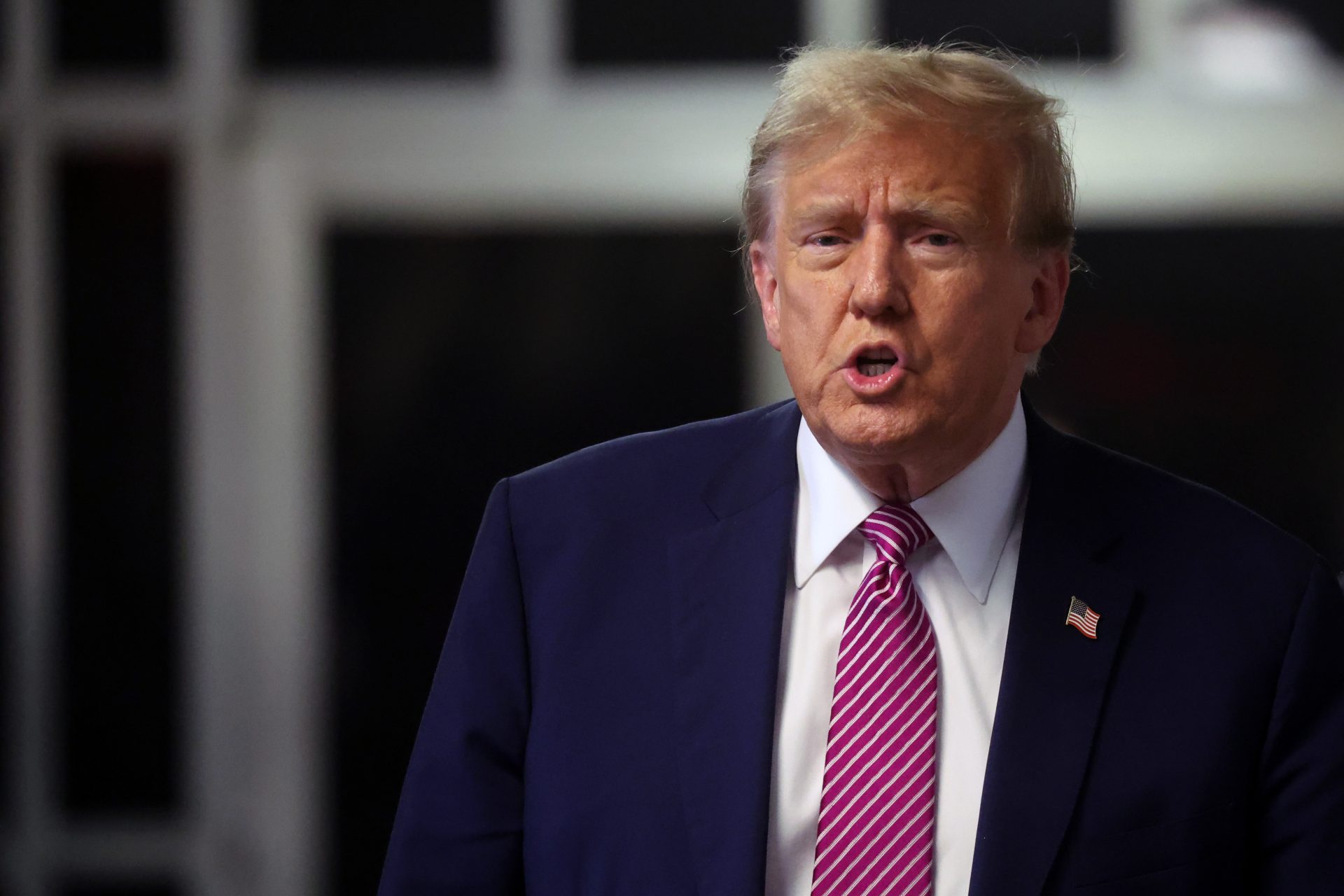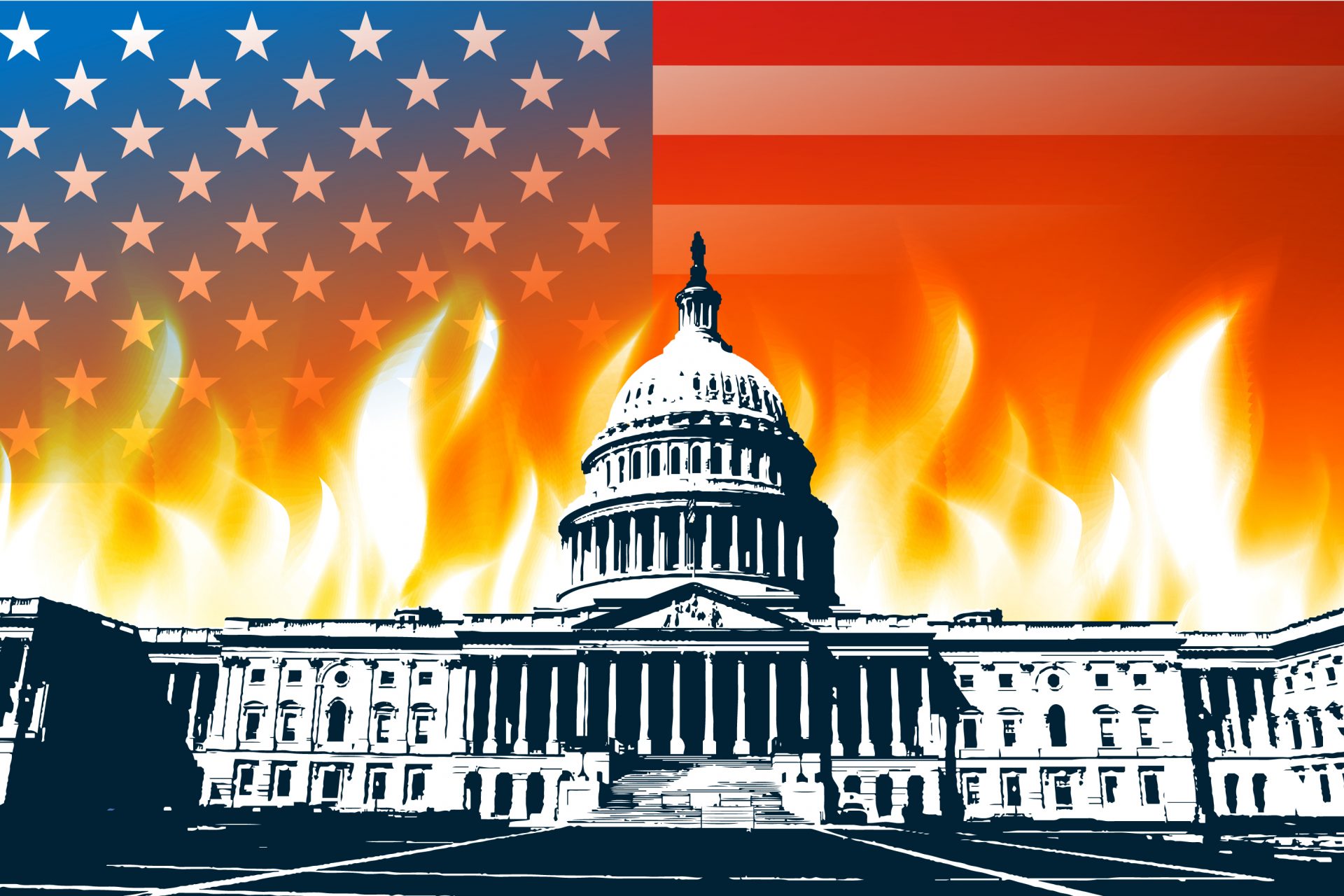The hidden advantages of being dyslexic
Those with dyslexia often struggle to recognize, spell, and decode words. And while this may be an impediment for thriving at school or at work, some studies have proved that dyslexics may have many other strengths.
According to the Yale Center for Dyslexia and Creativity, about 20% of the population suffers from dyslexia, regardless of the country, gender, culture, and region of the world considered.
Photo: Ismail Salad Osman Hajji Dirir / Unsplash
The World Federation of Neurology defines it as “a children’s disorder, that, despite conventional school experience, are unable to acquire the linguistic abilities of reading, writing, and spelling commensurate with their intellectual abilities”.
Photo: Rob Hobson / Unsplash
But according to Helen Taylor and Martin David Vestergaard, researchers at the University of Cambridge, the difficulties faced by people with dyslexia are the result of a cognitive trade-off between exploring new information and exploiting existing knowledge.
Photo: Seven Shooter / Unsplash
According to the article published in Frontiers of Phychology entitled “Developmental Dyslexia: Disorder or Specialization in Exploration?”, dyslexics have specific cognitive strengths that play a crucial role in our survival as a species.
Photo: Eugene Zhyvchik / Unsplash
This would stem from the fact that, while non-dyslexics tend to leverage existing knowledge efficiently, dyslexics show greater skills in areas such as discovery, inventiveness, and creativity.
Photo: Dragos Gontariu / Unsplash
The aim of this research is to substantially change the social perception of dyslexia, because schools, academic institutes, and workplaces are not designed to make the most of the dyslexic brain, according to the researchers behind the study.
Photo: CDC / Unsplash
Numerous discoveries in the field of paleoarchaeology reveal that periods of the greatest human evolution coincide with periods of great uncertainty and dramatic climatic and environmental instability, which would explain the exceptional adaptability of our species.
Photo: Michał Parzuchowski / Unsplash
But the best demonstration of these theories centers on the large number of privileged minds diagnosed as dyslexic who has marked our evolution with their great contributions in their respective fields. Let's take a look at some of the most prominent names from the present and the past affected by dyslexia.
Photo: lance grandahl / Unsplash
Although he only started speaking at the age of 6, Albert Einstein completely reformulated the concept of gravity through his theory of relativity and became the most important scientist of the 20th century.
Steve Jobs had severe difficulties throughout his life with formal education, which led to him developing his skills by working alongside his father in the family garage. Years later, he would change the technology industry with innovative products such as the Macintosh, iPod and iPhone.
Stephen Hawking suffered from dyslexia, among other learning difficulties, but this did not stop him from formulating his theories on black holes and the origin of the universe.
Bill Gates is another great mind who changed the world of technology and who has a history of dyslexia. He is one of the promoters of “mindful reading” as a method to acquire and preserve knowledge without forgetting it. This method is based on continually taking notes in the margin while reading.
Clearly it was impossible for Leonardo Da Vinci to have been diagnosed with dyslexia, yet according to research conducted jointly by the University of Pavia and King's College London, there are many signs that would suggest he had it, such as his attention deficit.
Despite not excelling in his studies due to his dyslexia, he managed to revolutionize the world of animation thanks to his innovative techniques. We owe him many of the best films and animated characters in history.
One of the most important painters of the twentieth century, Picasso was a bad student, constantly expelled from the class for not paying attention. Many experts attribute the genius of his work to dyslexia, as he saw reality differently.
John Lennon, the most charismatic member of the Beatles, spent his childhood drawing comics and imitating his teachers because he couldn't keep up with his classmates. All of this didn’t stop him from changing the music industry forever.
As is the case with Da Vinci, there is no official diagnosis of dyslexia for Nikola Tesla, yet his behavior suggests that he suffered from it, experts say. Considered one of the most brilliant minds of the 20th century, his ability to visualize concepts in three dimensions allowed him to try his hand at designs and prototypes that were unimaginable at the time.
John F. Kennedy was diagnosed with dyslexia, which did not stop him from studying at Harvard and becoming President of the United States.
Johnny Depp has always attributed his fame to dyslexia, which made him discover his great interest in acting.
Steven Spielberg suffered from a developmental disorder associated with dyslexia and an inability to relate to others, yet he succeeded in the world of cinema as a screenwriter, producer and director.
As a child, Will Smith exhibited severe learning difficulties and hyperactivity, which led to a diagnosis of dyslexia. Despite this, he focused on his career until he became one of Hollywood’s most famous actors.
Henry Ford, the man who revolutionized the automotive industry with the first assembly-line-based industrial plant, always had a hard time reading, so he focused on learning by doing.
Jim Carrey is another good example of a student who compensated for his learning difficulties with constant jokes. This caused him serious problems in his studies, but showed him that he could make others laugh, which he exploited in his career as an actor.
Orlando Bloom was diagnosed with dyslexia at age 7 while undergoing an intelligence test. Although this caused him serious adjustment problems due to the social stigma of the disorder, his persistence in dealing with the situation helped him to approach acting.
Tom Cruise had a lonely childhood due to dyslexia. He had trouble integrating with others and couldn’t keep up with his peers. Like many others in his situation, he made up for his shortcomings with his wit and his ability to relate to people, which led his mother to see the potential he had for acting.
Lewis Hamilton was diagnosed with dyslexia at the age of 17. Today he is one of the best drivers in the history of Formula 1 and one of the best-known faces of the campaigns for the normalization of the disorder.
Uma Thurman discovered theater as a therapy to improve her memory and lessen the effects of dyslexia. On numerous occasions, she thanked this condition for its impact on the choice of her profession.
Keanu Reeves showed serious difficulties in school due to his dyslexia, which led him to pretend to be a normal boy in his daily life to be able to integrate with others, which would then lead him to his true calling: acting.
Basketball legend Magic Johnson had to deal with dyslexia during his childhood. The extra effort to keep up with the class as a child turned into perseverance once applied to his sporting career to make him one of the sport's living legends.
Alexander Graham Bell is another personality for whom there is no official diagnosis of dyslexia, yet based on his difficult academic background, many scholars agree that he suffered from it. Nevertheless, his career was full of experiments that resulted in inventions and patents, such as the telephone.
Jennifer Aniston grew up thinking that she wasn't very smart because she couldn't remember everything she read. Only at the age of 20 was she diagnosed with dyslexia during an eye examination at an ophthalmology center. In her own words, all her childhood traumas found an explanation.
Andy Warhol had no problems at school thanks to the help of some classmates who did his homework for him, but this did not prevent him from showing clear symptoms of dyslexia in adulthood, continually filling his writings with spelling mistakes. Despite this, he led an art movement known as Pop Art.
Anthony Hopkins spoke in several interviews about his school time and the bullying he suffered due to his difficulties in understanding and acquiring knowledge. This relegated him to the bottom of the classroom where, in his words, he set about planning how to become rich and famous and “teach everyone a lesson.”
As a kid, Channing Tatum felt out of place in normal classes and, despite being diagnosed with dyslexia, was placed in classes with autistic or Down syndrome children. He turned his attention to art and, later, to acting.
Harrison Ford was diagnosed with dyslexia at school. In college, he discovered acting but was expelled. Luckily, he moved to Hollywood, where his mastery as a celebrity carpenter led him to a successful acting career.
Despite her dyslexia, Keira Knightley was lucky enough to attend a school where creative activities were encouraged, an area in which she excelled. Furthermore, the fact that her older brother also suffered from it helped her to grow up in a home that had the tools to manage it properly.
Robin Williams is a rare example of adaptation and coping with the situation. Despite suffering from dyslexia, his strong personality and overflowing talent led him to overcome his extreme shyness and excel in the field of humor.
So even if having dyslexia can bring difficulties keeping up in a traditional school, it can also be a wonderful tool, as one of the many strengths of dyslexics is their ability to think outside the box, one of the qualities that can make people excel in life.
More for you
Top Stories




















































